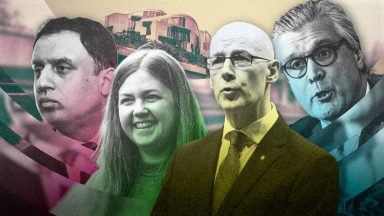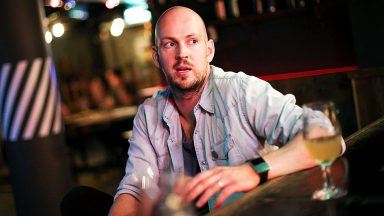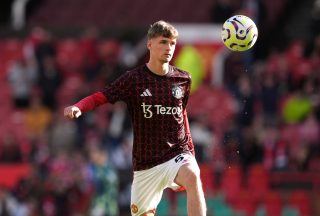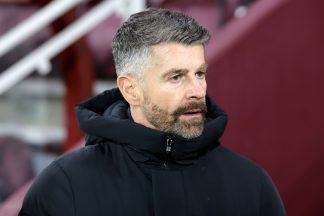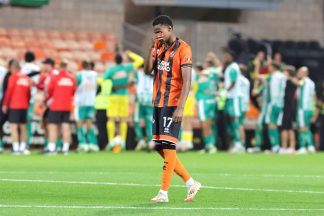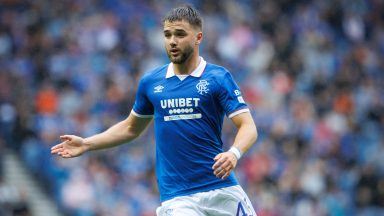Now that the long takeover process has concluded and the American consortium has the keys to Ibrox, the work on turning the club around has begun.
New sporting director Kevin Thelwell has taken up his role, Dan Purdy has been appointed as technical director and now the long-vacant manager’s job has been permanently filled, with Russell Martin appointed as head coach.
Martin will only just be getting the keys to his office but a brief look at the calendar on the wall will show that there’s no time to lose in sorting out a squad, with the first Champions League qualifier on July 22 or 23.
The new manager needs to have a team up and running, and in competitive shape, in time for games that are crucial to the team’s prospects and can build on the momentum created by the arrival of the new regime.
But there’s no shortage of issues to be addressed or decided upon, and we’ve looked at some of the items on Martin’s “to do” list.
Recruitment is the key
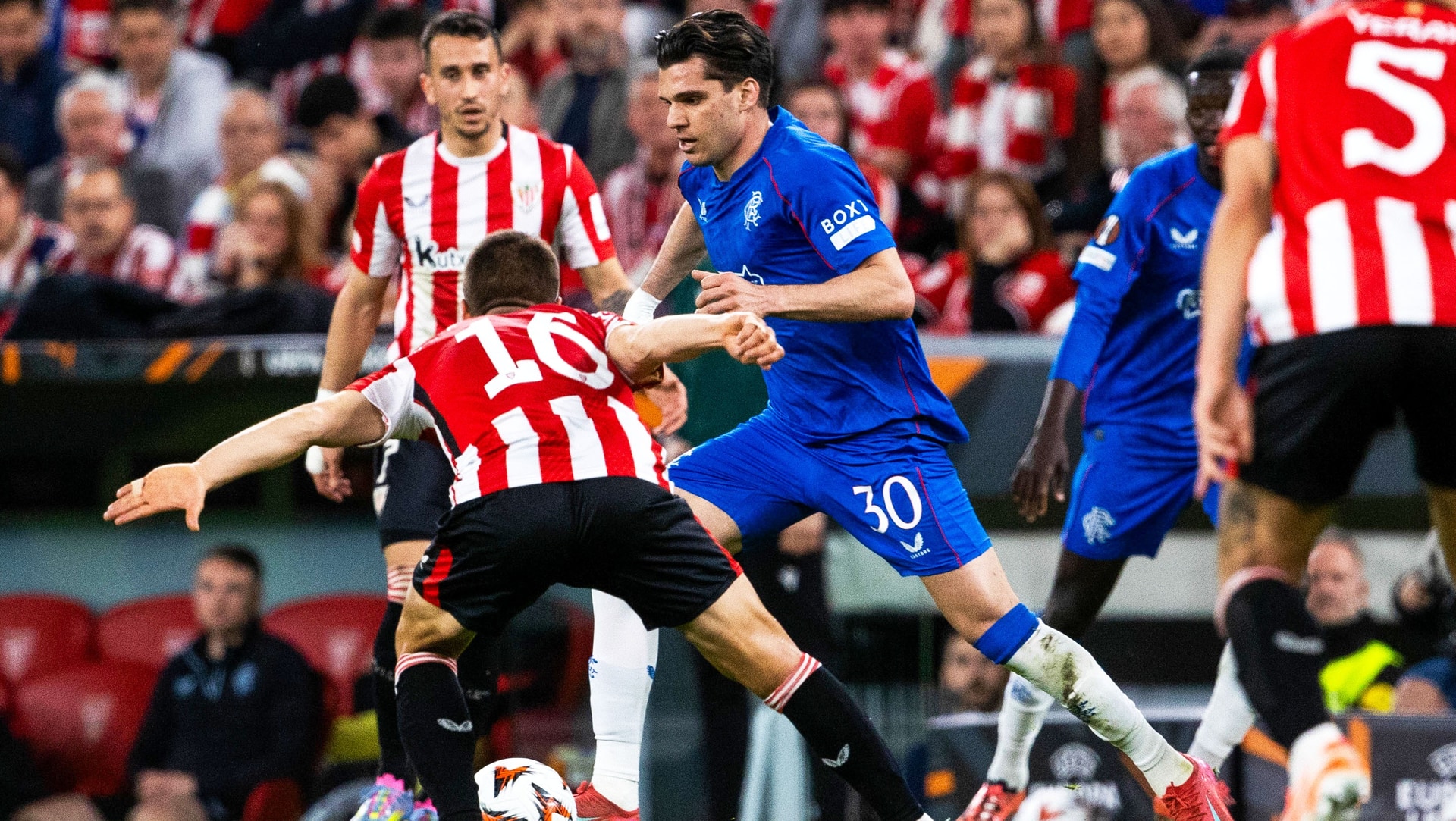 SNS Group
SNS GroupThe big issue, and probably the most important to the team’s chances of success in the season to come, is improving the quality of the playing squad.
Last season’s group wasn’t good enough to win trophies, and the exit of former head of recruitment and technical director Nils Koppen tells you that the new owners didn’t think recent transfer activity was up to scratch.
Already this summer Ianis Hagi, Tom Lawrence and Leon Balogun have left at the end of their contracts, while loan players Vaclav Cerny, Rafael Fernandes and Neraysho Kasanwirjo returned to their parent clubs.
There are fringe players who the new boss will want to move on, and will need replaced, but the commitment to a player trading model means a good offer for the players who have been a success would also be seriously considered.
Mohamed Diomande, Hamza Igamane and Cyriel Dessers have all been linked with other clubs since the end of the season.
Martin’s style of play is very specific, leaning heavily on possession, and it’s inevitable that there will be players who don’t fit his system. He’ll want players signed with the attributes to thrive under his philosophy, and may well want to recruit some he has worked with before and can help with the transition.
The head coach won’t be making the signings himself and the work will be headed up by Purdy and Thelwell, but the trio have a lot of decisions to make and the squad changes could be more of a rebuild than a revamp. Ange Postecoglou managed title success after a similar transformation at Celtic a few years ago but that was because the vast majority of the signings paid off handsomely.
Signings need to be made, and made quickly, with little room for error.
Settle on a first-choice goalkeeper
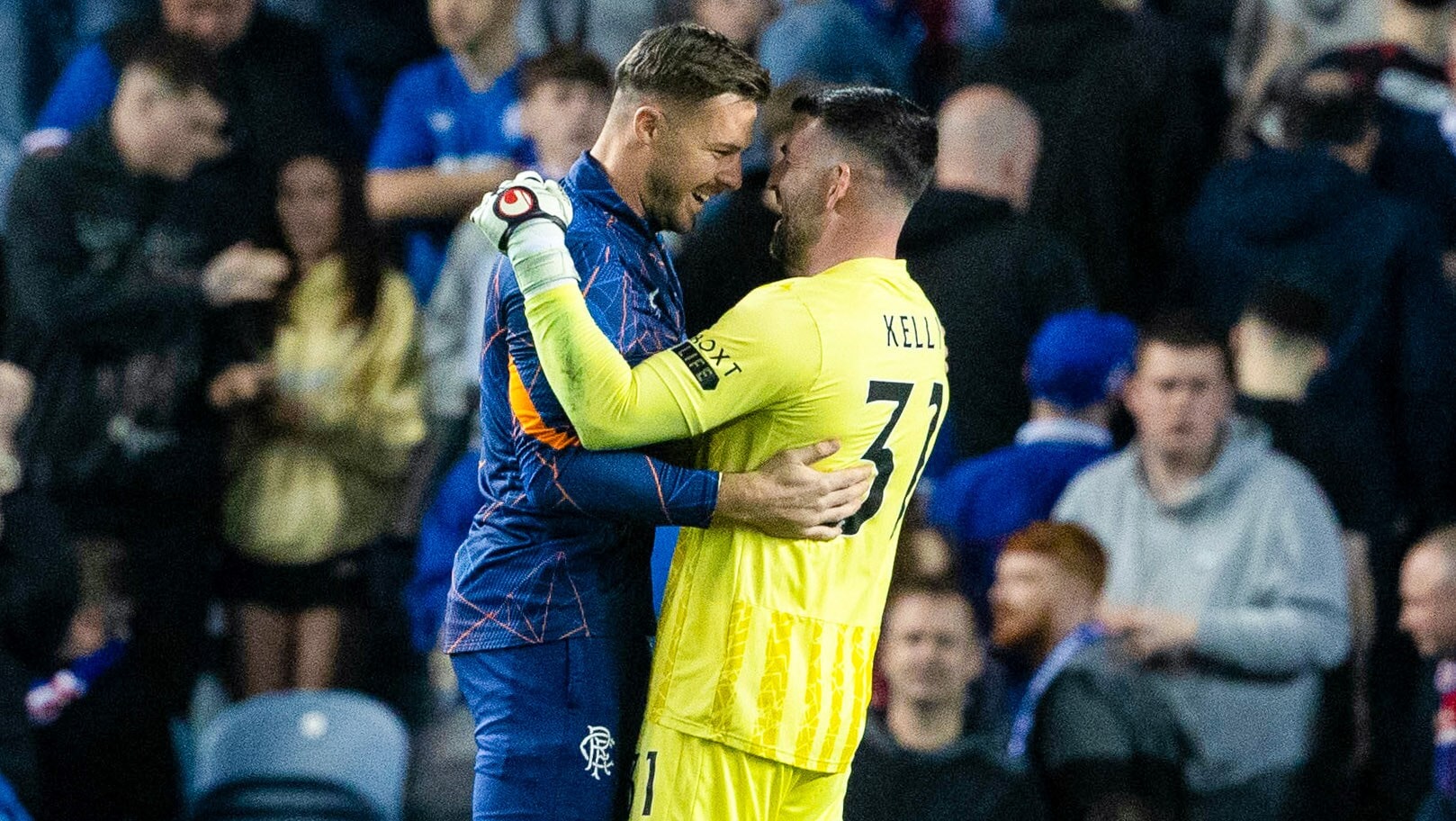 SNS Group
SNS GroupIf you had asked anyone at this time last year who Rangers’ first-choice goalkeeper was, the answer would have been simple.
Jack Butland excelled in his first season in Scotland and looked to be a piece of bona fide Premier League class that would help to elevate the players around him.
Butland’s second season proved to be difficult though, with uncharacteristic errors becoming more and more frequent until the decision was taken to replace him with Liam Kelly.
The Scotland international did himself no harm at all with his performances in the latter stages of the season but there still seemed to be a sense that Butland’s benching was temporary. With Barry Ferguson only in charge on an interim basis, no long-term call had to be made but in a position where stability is important, there’s now a decision to be made for the season ahead.
Butland? Kelly? Or a new signing and the inevitable departure of one of the keepers on the books? Martin probably won’t rush into a decision but the identity of the player in goal for that first European qualifier isn’t certain right now.
Who wears the armband?
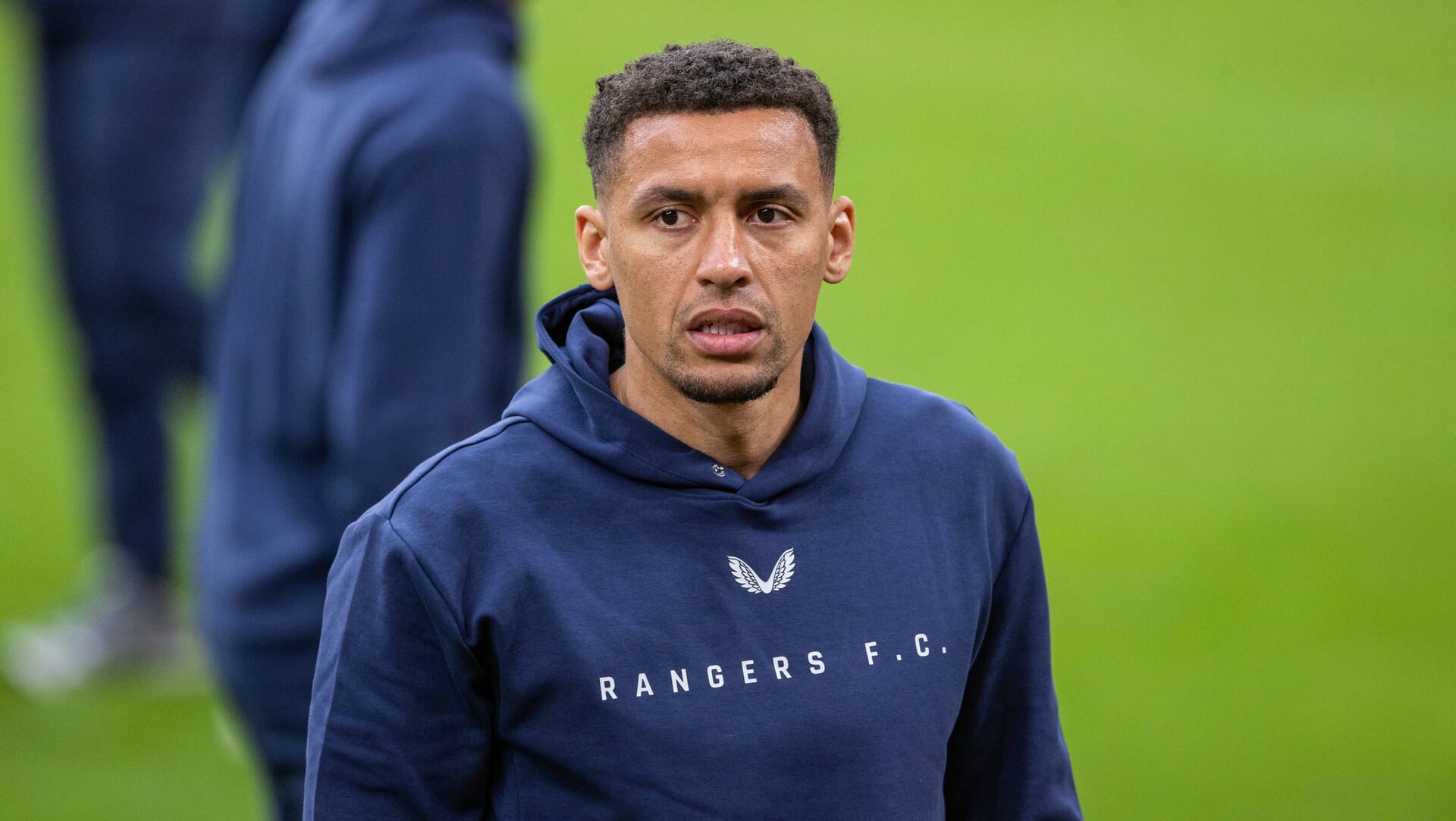 SNS Group
SNS GroupJames Tavernier has been at Rangers for a decade, and captained the side since Steven Gerrard took charge in 2018.
The right-back has lifted all three domestic trophies while wearing the armband and led the team out at a European final. He’s scored 130 goals, is the first pick set-piece taker and has been a steady presence throughout plenty of ups, downs and managerial changes.
Martin is the seventh boss Tavernier has worked under at Ibrox, each with their own approach and personality.
That could be just the sort of leader a new man needs to bring the team with him and take on new ideas.
Or the call might be to bring in a new captain as yet another sign of a fresh start and a recognition that, at 33-years-old, Tavernier might not be the long-term answer with the armband or in the position he has made his own.
Establish a (preferably entertaining) style of play
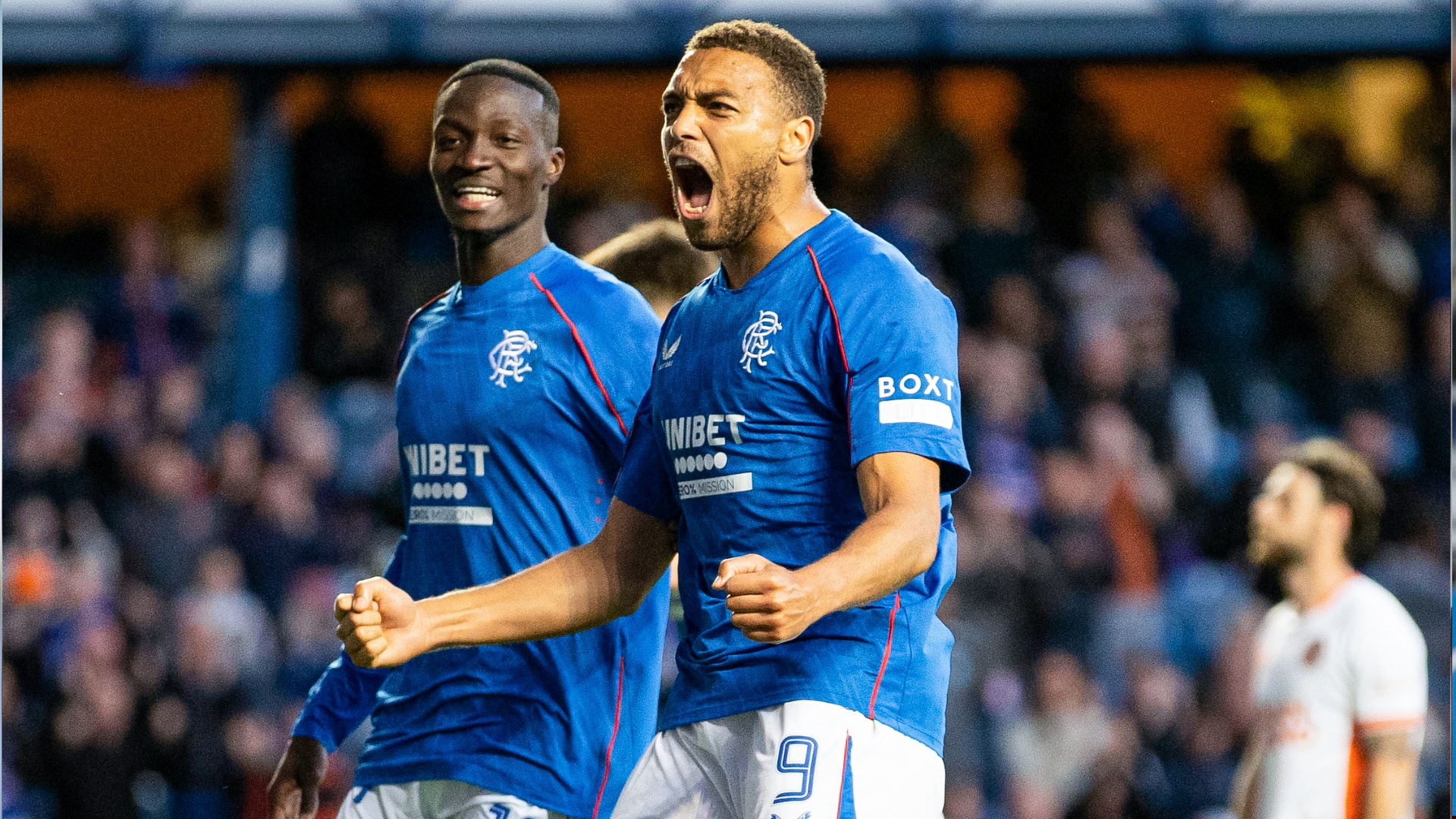 SNS Group
SNS GroupNo manager ever comes into a club and promises defensive or dull football, but at Rangers there will be an expectation not only to deliver results but performances.
Philippe Clement’s time in charge brought accusations that there was no discernible style of play, that things were too direct and there was no philosophy behind the team’s approach.
While the best displays were reserved for Europe, in the league Rangers often looked like they struggled for ideas when faced with a team that was happy to sit back and frustrate.
That has to change, and while a new style or tactical plan may take a while to bed in, the Rangers support will expect a team that has an identity, gets on the front foot, and has plans B through to Z to score goals if plan A fails.
Martin’s comments after being appointed, laid out a little of what he expects to bring.
“We want to play with bravery, to take the ball, to be aggressive, and to stand up in the big moments,” he said.
The former defender’s tactical approach is well-known. He prefers a 4-2-3-1 formation or a 4-3-3 but the one constant is a desire for domination of the ball and a focus on keeping possession and showing patience to find gaps in opposition defences.
Martin is wholly committed to his belief in that style, and it resulted in some performances that thrilled fans at his previous clubs. However, Southampton really struggled against elite sides in the Premier League and he was criticised for refusing to adopt a more pragmatic approach in some games.
Rangers fans can expect a lot of possession-based play but will expect a sensible head for games when that might not be delivering what’s needed.
Make Ibrox a fortress again
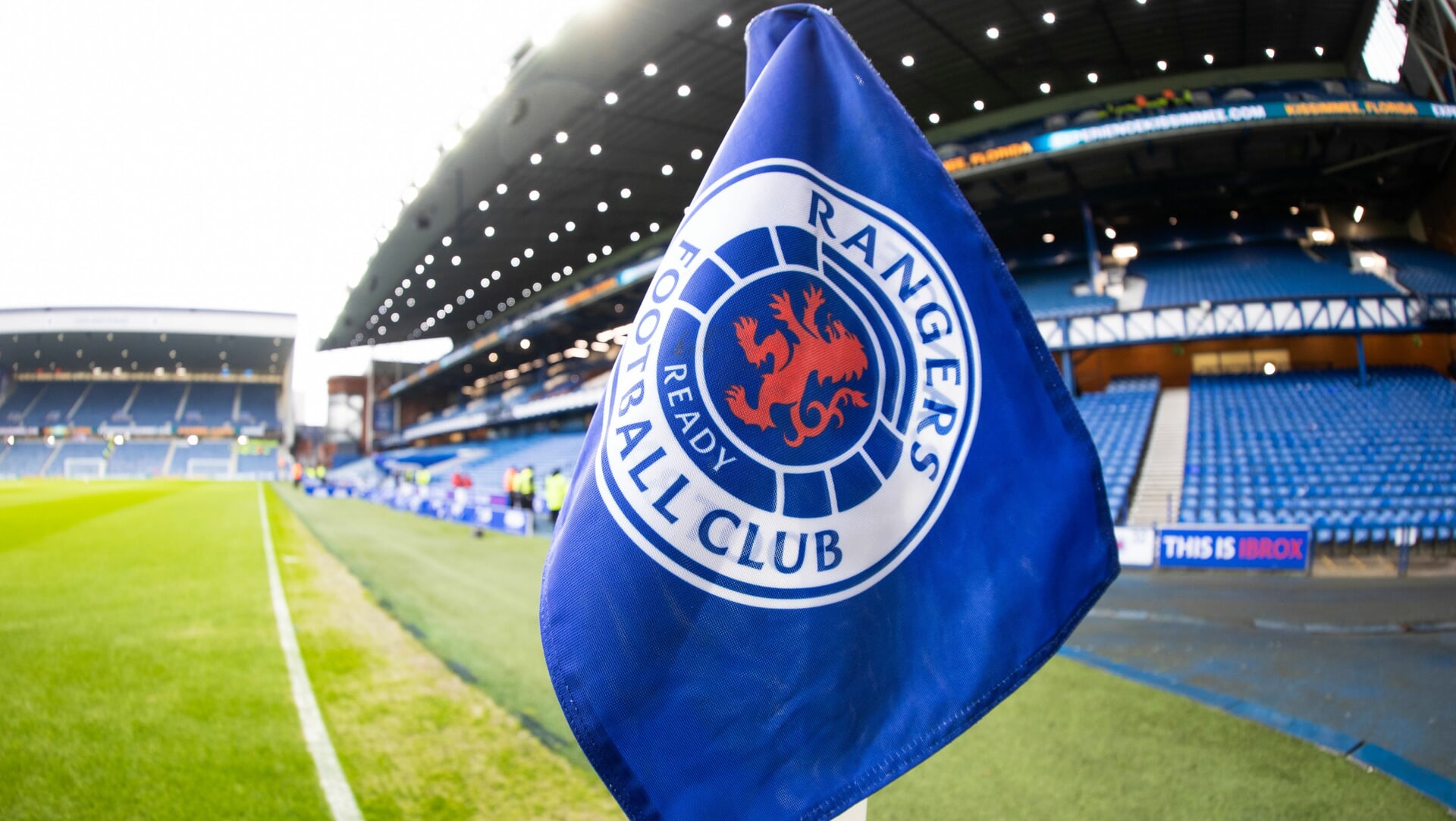 SNS Group
SNS GroupHaving the vast majority of a 50,000-seat stadium roaring a team on should be a huge advantage, especially as a club with a reputation for winning things and making easy work of most sides at Ibrox.
Last season, home games began to look like a burden for the Rangers team, and the expectation of the crowd seemed too much for some players.
Queen’s Park, St Mirren, Motherwell and Hibernian all won at Ibrox in the second half of the season. If there are four home results like that in the early months of the new season, trophy hopes will already be diminished.
Making Ibrox a fortress where opposition teams fear playing is essential for the new boss.
Connect with the fans
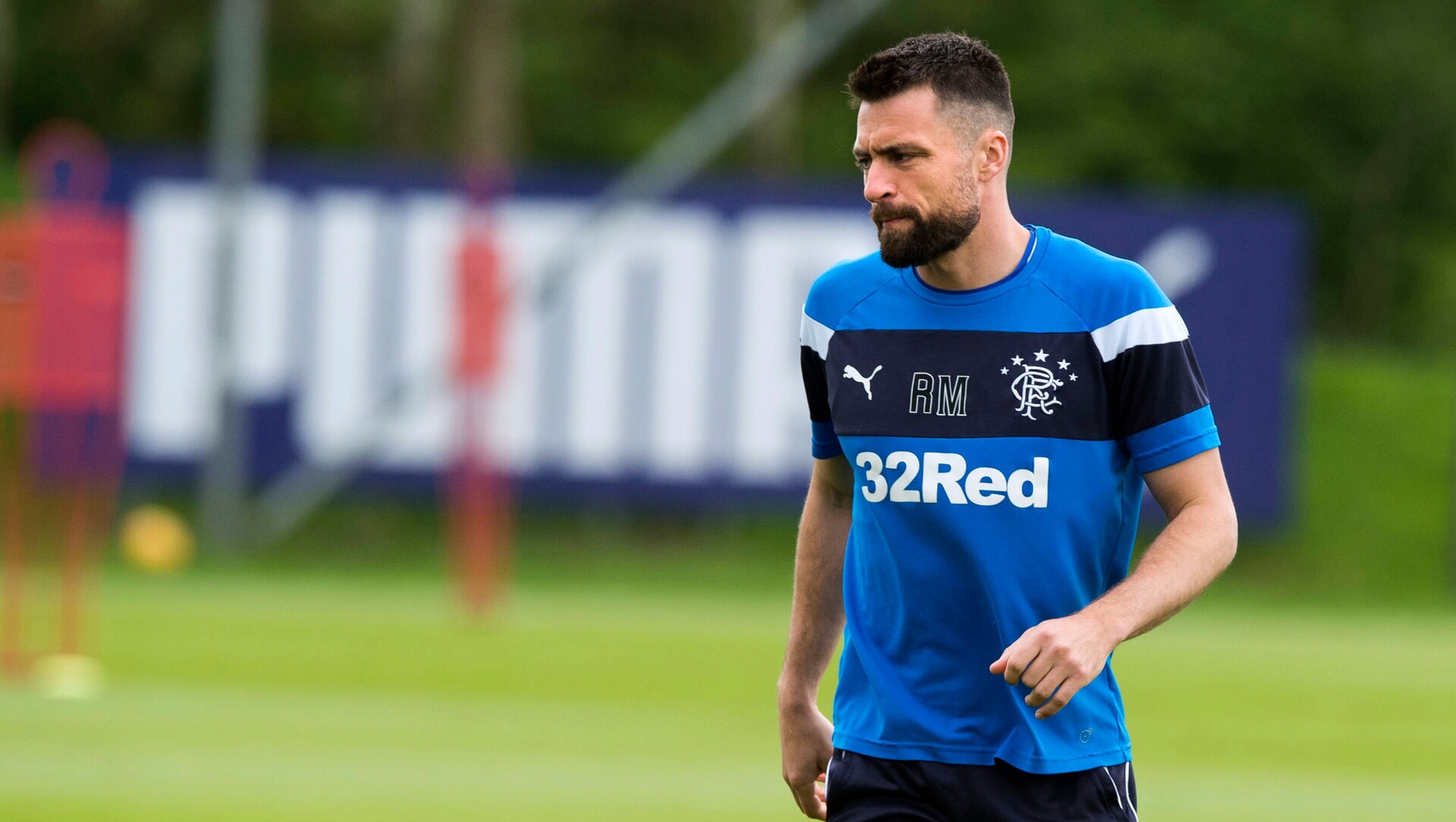 SNS Group
SNS GroupNot every manager is going to get his own song or tifo display but the affection and connection to the support is something that has varied from manager to manager over recent years.
While Giovanni van Bronckhorst and particularly Barry Ferguson had an immediate link with the support that brought goodwill even in difficult moments, that’s not always the case.
Michael Beale came in with a history as part of the backroom team that helped Steven Gerrard to the title, and was photographed drinking in a supporters’ bar even before being appointed. But results put a clear distance between the manager and fans, with his team being booed off at Ibrox on more than one occasion before his sacking.
Clement had the respect of the support but never really felt the same bond as some of his predecessors.
Martin’s underwhelming time as a Rangers player means he doesn’t have the head start some ex-players do, and online reaction has shown hostility to his appointment. The kindest attitude in some quarters has been along the lines of: “He wouldn’t be my pick but we’ll have just to get behind him”.
“I know what this club demands,” Martin said after being appointed. “From my time here, I had a taste of how special this club is, the expectation, the passion and the history.
“Now, as I return, I’m determined to bring success back, for the supporters, the players, and everyone inside this club.
“I’m here to set standards, work hard and do my very best to earn the respect of the Rangers fans.”
That last line suggests Martin knows he has a job to get the support onside.
A look across the city at the “Who?” reaction to Postecoglou’s arrival as Celtic boss and the subsequent love for the Australian proves that a connection can be built when a rebuild goes right. But getting the fans behind you should be among the priorities for anyone taking on the high-pressure role.
Reach the Champions League
 SNS Group
SNS GroupEasy to say, much more difficult to achieve.
Playing at Europe’s top table doesn’t just bring prestige and glamour ties for fans to enjoy, it also provides a huge financial boost to a club that’s aiming to bridge the gap to Celtic sooner rather than later.
The multi-millions on offer would help turbocharge the rebuild at Ibrox and also provide a huge concrete example of improvement under new ownership.
Qualification would raise the level of player who might be attracted to join Rangers, and playing on the biggest stage would lift the value of players already at the club and help with the trading model and incoming fees.
The downside is that qualification comes so very early in the process and just seven weeks into the new manager’s tenure.
Rangers need to get through three rounds of qualifying, starting on July 22/23, with a new look team playing their first competitive game under Martin.
The stakes are high but the rewards are higher.
Win games of football
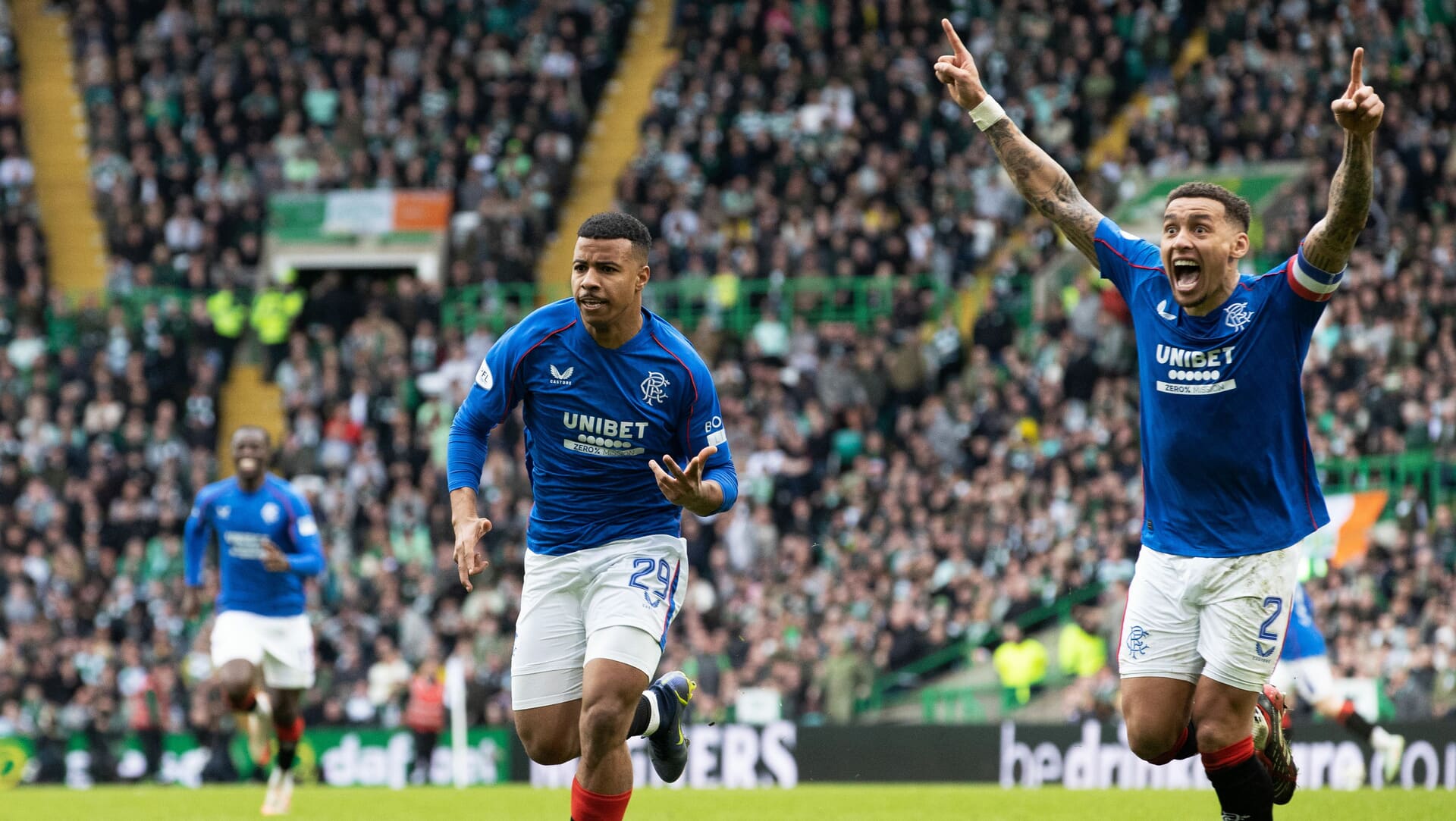 SNS Group
SNS GroupAt the risk of stating the obvious, and as an extension of the European challenge, Rangers need to become a team that wins regularly and wins well.
New chairman Cavenagh laid out the mission statement in his open letter to fans: “Our goal is to win trophies in Scotland and be able to compete at a high level in Europe”.
At a club where a crisis has never been far away, that means winning the games the team is expected to, it means victory over Celtic when it matters, and it means negotiating the pitfalls of Europe and punching above their weight.
Win games and the rest will follow. Trophies, money, success and celebrations.
Fail to put together a winning team, and the cycle will start again, with the head coach the first to carry the can.
Deliver wins on a regular basis though, and Martin’s time at Ibrox will be long and happy.
Follow STV News on WhatsApp
Scan the QR code on your mobile device for all the latest news from around the country



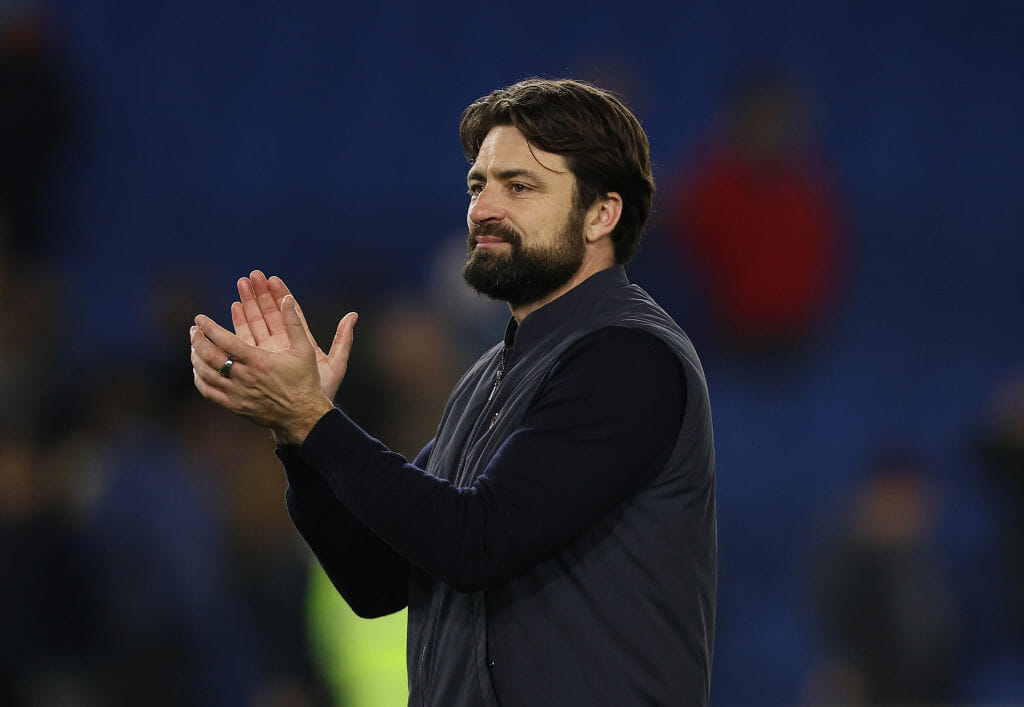 Getty Images
Getty Images






